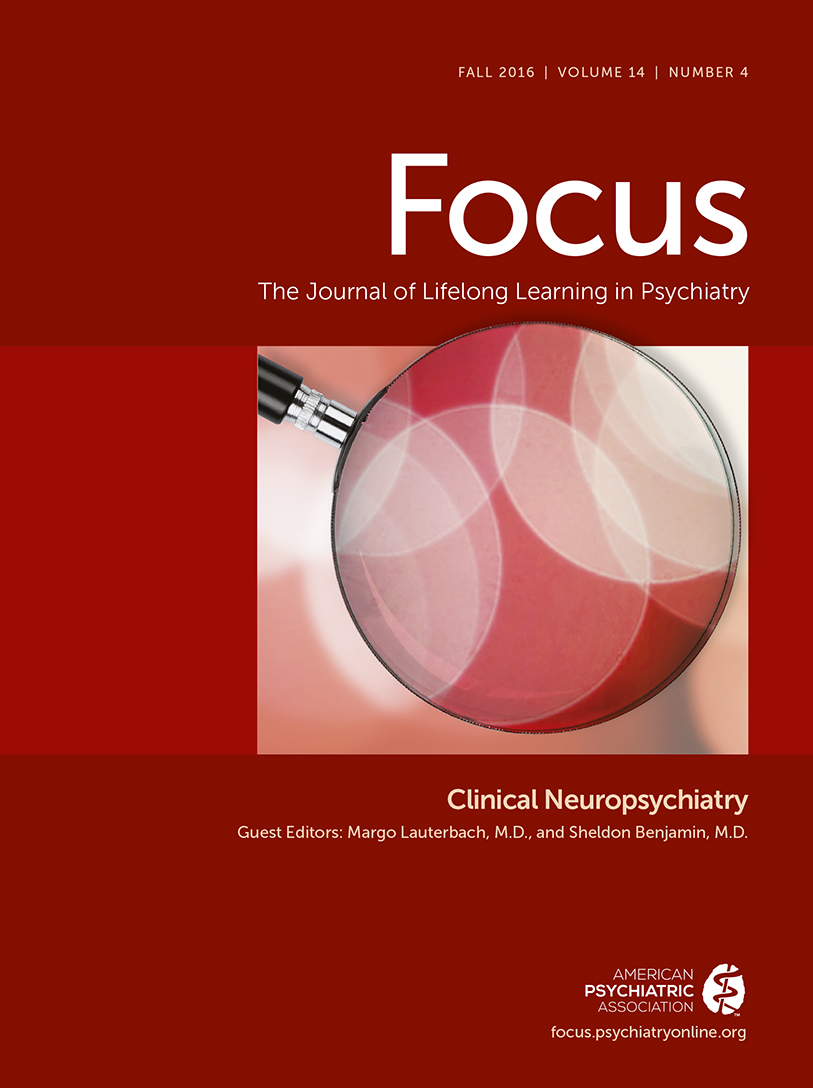Mood Disorders in Epilepsy
Abstract
Mood disorders associated with epilepsy are very common and overrepresented compared with other chronic medical conditions. Depression is a particularly common and worrisome comorbidity, especially because suicidality seems to be increased significantly in the context of epilepsy. Although psychosocial stressors commonly are associated, intrinsic characteristics of seizure disorders may contribute to the expression of depressive symptoms. Depression and epilepsy may exacerbate each other. Epilepsy with seizure foci in the temporal lobe may represent a higher risk of developing depression, especially if the seizures do not generalize. Treatment of depression is multifaceted and includes psychotherapy and sophisticated regimens of anticonvulsants. Most antidepressants may be used safely and effectively in the context of depression, although high-quality evidence is lacking. Ultimately, treatment of comorbid mood disorder has important implications for outcome and quality of life, perhaps even more than treatment of epilepsy itself.



